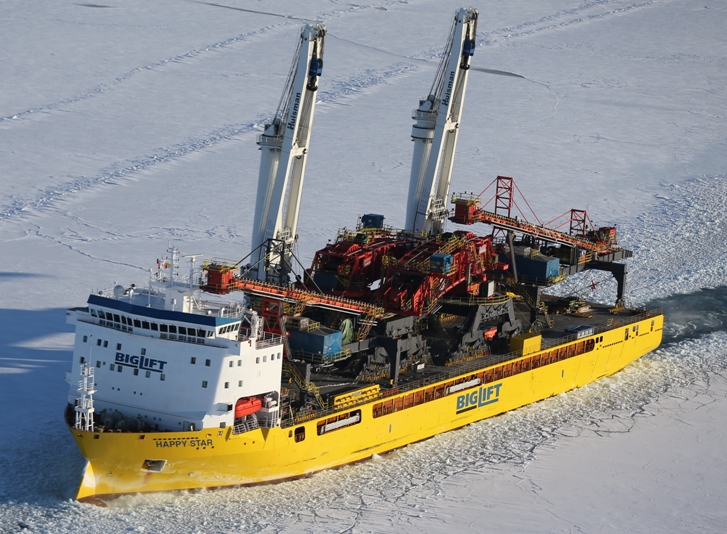
Addressing members of the Singapore Shipping Association the Chairman of the International Chamber of Shipping, Masamichi Morooka, warned about the dangers of regional maritime regulation being adopted by governments at variance to the global maritime Conventions adopted by IMO.
“Global rules for a global shipping industry is not just a slogan,” said Mr Morooka before criticising the approaches to the regulation of shipping being pursued by the United States and the European Union.
Mr Morooka began by highlighting the big problem caused by the different ballast water treatment regime that applies in the United States to that adopted by the IMO through the Ballast Water Management Convention. Continue reading “Regional maritime regulation causing problems says ICS Chairman”










